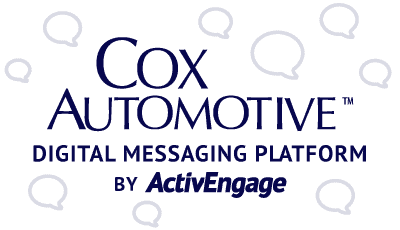Welcome to the new decade and the age of data ethics. We’ve entered a time where consumers are warier than ever about how companies use their personal information—and with good reason. The risk of inadequate data security and lousy privacy practices has skyrocketed in the last few years.
Since 2013, 9.7 billion data records were lost or stolen globally. Almost 64% of the total stolen data records occurred in the United States.
And, may we never forget the Cambridge Analytica revelations of 2018 that also sparked what some reports call the 'great privacy awakening.’ Times are tough for businesses when it comes to consumer privacy, and it could get a lot harder from here.
Data Regulations Around the World
In May 2018, Europe set a precedent heard around the world: data is no longer a business asset...it is consumer property. The General Data Protection Regulation (GDPR) went into effect in Europe, and enforcement has been swift and merciless. Just last year, Google was fined €50,000,000 for GDPR noncompliance. To date, the total amount of GDPR fines is at over €116,000,000.
It was only a matter of time before this shift reached the US. In January 2020, the California Consumer Privacy Act (CCPA) went into effect and set in motion what businesses now call “America’s GDPR.” The CCPA has already inspired 11 other states to introduce privacy legislation.
| Note to our Customers: If the CCPA applies to your business, we have compliant processes in place. For more information, contact Support. |
But, it’s not all doom and gloom, if you are proactive about consumer privacy.
Leveraging Consumer Privacy Ethics
Consumer mistrust is at an all-time high. Only businesses that build privacy into their customer experience will gain more trust and better access to data. The main reason your dealership should want this information is to market to those consumers better and sell more cars.
Your customers already want personalized experiences. Two out of three consumers are more likely to buy from a retailer that sends relevant promotions (Accenture). And, they will exchange personal data for personalization. But, like with every human relationship, it’s a give-and-take.
Data Ethics 101:
- Be transparent about how you use the data.
- Give consumers control of their information.
- Use the data consumers give you to serve them better.
Creating a Privacy-Focused Model
The begin practicing data ethics you need to start from within the organization.
Get Strong Handle on Privacy Requests: Make sure you have the infrastructure in place to support and manage consumer privacy requests that can come in with the CCPA.
Build Out a Privacy Program Roadmap: Expect more federal privacy laws enactments, and plan accordingly. Create a quarterly privacy roadmap for the year to keep you on track.
Create a Culture of Privacy Awareness: Connect privacy to your existing values. Have an internal champion of all things privacy that can keep the organization accountable.
"If businesses lose their customers' trust, it's likely that the customers' journey will end abruptly. With the adoption of recent privacy regulations such as GDPR and CCPA, consumers are empowered to request and control their data. To maintain trust, businesses must comply with these regulations, even though implementation can be difficult and expensive. "
Dave Sazama, Director of IT & Facilities Operations
Champion of All Things Privacy at ActivEngage
Conclusion
Although it may seem like data regulations mainly target technology companies, auto and truck dealerships should remain vigilant. Assess your data security, acknowledge the privacy gaps in your current processes, and be prepared to make changes.
Remember that privacy is a journey, but it’s one you must embark on now. Achieving 100% compliance won’t happen in a quarter, but meeting consumer expectations is attainable. More importantly, it’s something that companies should continuously strive for and evaluate.








